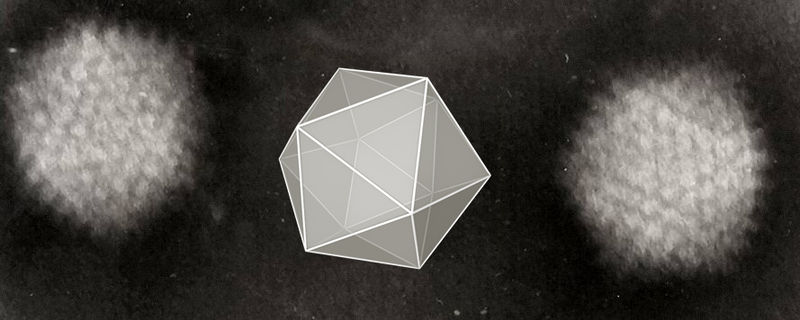Do you believe that only humans are conscious?
No.
Do you believe that some animals are conscious?
Yes.
Do you believe all animals are conscious?
No.
Do you believe all life is conscious?
No.
Do you believe all matter is conscious?
No.
If you do not believe in the latter, please explain where you draw the line.
I don't think that it makes sense to draw the line at any particular point, as I believe that consciousness, like so many things is analogue, not digital. As such, we can identify certain things that don't have it (rocks, dead people and politicians) and certain things that do (most humans, dogs and dolphins). Between each of these two extremes, there will exist a range of beings that most likely possess none (viruses) and those that most likely possess some (sharks), with a whole lot in the middle which will be indeterminate (jellyfish).
My position is similar to Sprax. I believe that being fully conscious requires an "awareness" of their environments and perhaps even an self and as far as we know, this awareness is only to be found within animals that have a central nervous system and a reasonably complex brain. Is an ant concious? I would say so, but then again,it might not be. It certainly is aware of its environment, able to interact with other things and complete tasks related to its role in the nest, but that doesn't necessarily mean that it is any more conscious than a human engineered robot that could perform the same actions. Personally, I highly doubt that a jellyfish, lacking a central nervous system as it does, is conscious, even if it is able to respond to its environment.
But what about the sub-conscious, which research has shown to be often a more significant driver of our behaviour than conscious awareness? I think that many of the lower animals would have what we could call only a sub-consious awareness of the world in which they live. Then at some point, full consciousness and self awareness emerge, but in a gradual manner, rather than as if a switch were being flicked and a light suddenly turned on. One can imagine a similar process going on within the development of an embryo, where gradually over time, the certainly not conscious fertilised egg becomes more conscious, a process that arguably continues into the first years of life.
Which brings me to the case of a patient in a vegitative state. Do they have any consciousness, or not? If not, at what point can they be said to be certainly conscious and at what point can they be said to be definitely lacking that consciousness? What of someone like Terri Schiavo, who's autopsy showed that her brain was half the expected weight and had significant damage to all sections, and who was almost certainly not conscious, despite having a series of seemingly automatic behaviours that gave the appearance that she was.
The interesting thing here is that as Decartes pointed out, the only thing that we can ever truly know is the fact of our own consciousness. Does this mean that the sub-conscious being can never truly know anything? If so, what is the ultimate meaning of consciousness?
Certainly, I'd say that neither a virus, nor a carrot is conscious. They both lack a central nervous system and as such have no way of centralising information in a manner that would seem necessary for consciousness to arise.
I'm certainly open to there existing states of consciousness within our material universe that are totally unlike anything that we could currently comprehend. For example, I sometimes wonder if there could exist a galactic scale form of consciousness within the charged particles that zip around our universe, or perhaps another within the confines of the sun. How this could be, I have no idea, but I am open to the idea that it might be possible, if not highly likely, given what we currently believe about the foundations of consciousness.
There is also another issue raised here, and that is the potential trivialisation of consciousness. If everything is conscious, then what is so special about consiousness? Surely, if the rock is conscious, it deserves the same rights and priviliges as a human? If the rock is conscious, then dead bodies are therefore also likely to be conscious. Why then, would anybody complain if I convert one live human into one dead human? Surely it is still conscious? And yes, while these questions are asked tongue in cheek, they point to a wider issue about the importance of the recognising consciousness in terms of determining morally appropriate behaviours.
